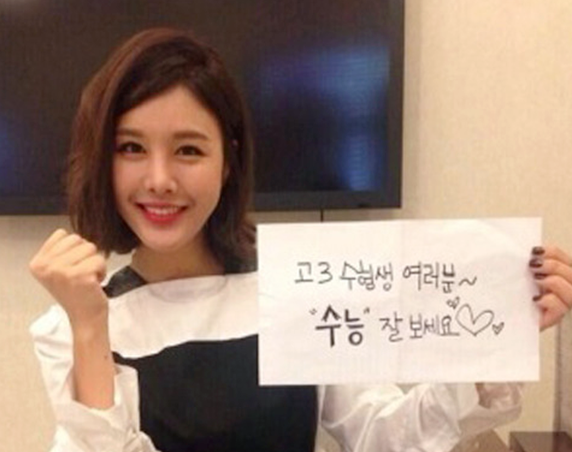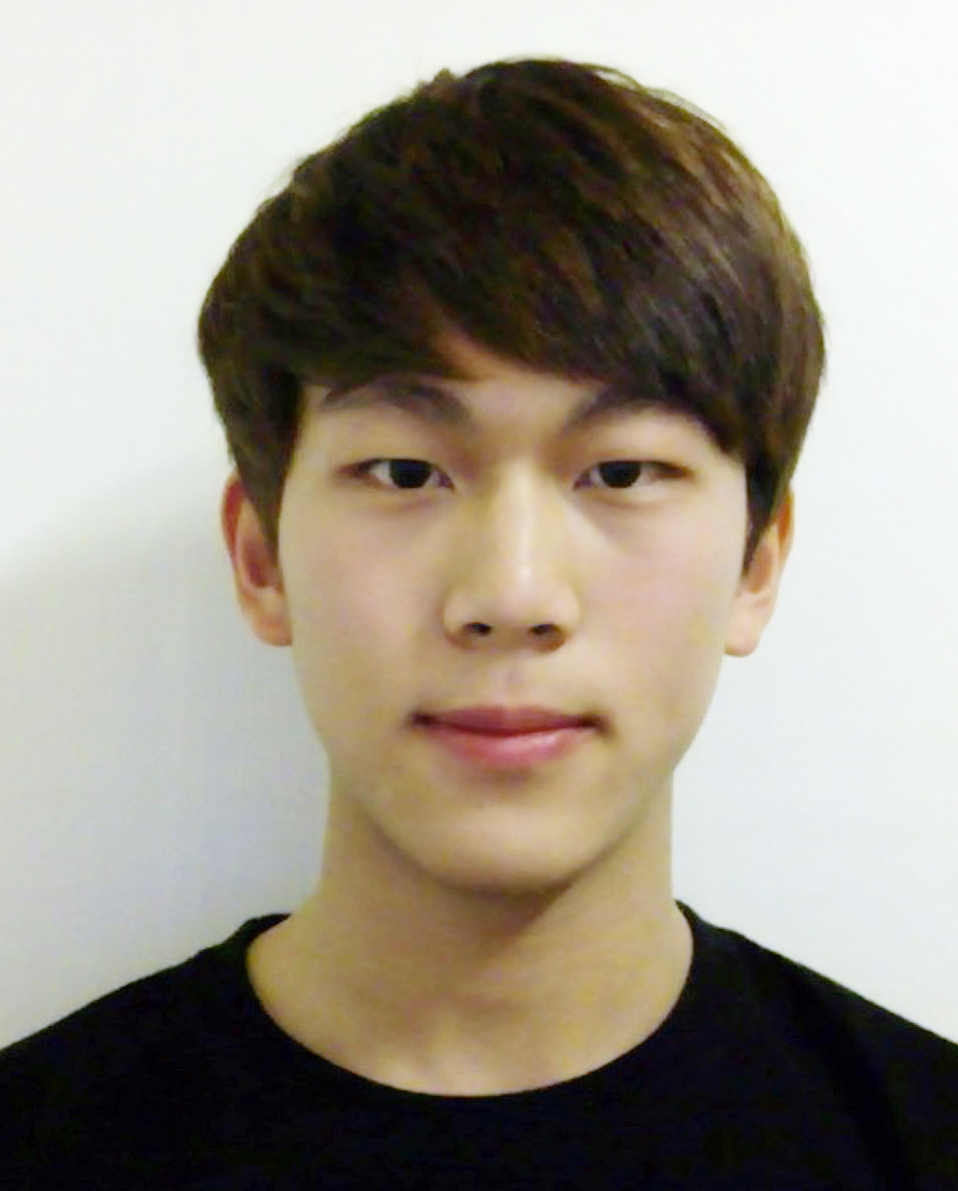Since the 1960s, South Korea has consistently improved in terms of economy, science, and quality of life. However, there have been limits and barriers preventing the country from growing even further. Possible obstacles may include the lack of natural resources and the division of the Korean peninsula. Another major blockade may stem from the country’s education system that is geared toward the goal of “going to a good college.” The system puts students under great strain, and prevents them from thinking creatively or subjectively. Students are often not encouraged to pursue their dreams or interests in matters around them. From a young age, students spend their energy and effort solely for the purpose of going to a “prestigious” college. In turn, those who do not make it to these honorable colleges are left hopeless, in loss of dreams and without proper guidance.

Lacking in natural resources, South Korea has focused and depended on its development of human resources. Education has therefore been emphasized in the country since the past. The intensity of its education system has indeed been a major driving force behind the country’s dramatic economic development. A defining characteristic of the system is its emphasis on test-oriented competition whose origin can be found some hundred years ago during Joseon Dynasty. At that time, in order to obtain a high position in the government, people had to take a test called “Gwagu.” Hundreds of people gathered from all over the country to take the test, but only a few of them were selected each year. To pass the exam, people studied hard from childhood. Likewise, education has been linked to a success and prominence within the Korean society.
This system has been handed down to the present, now named “Sooneung.” It is a scholastic ability test that determines students’ college application outcomes and is still considered a primary indicator of a successful future life. Although there are other ways to get into colleges, they have not been established firmly, and the most important means to get into the college remains the “Sooneung” test. The test is conducted only once a year and is open to high school seniors or those with equivalent qualifications. Therefore, the test day is one of the most important days in Korea, as the test itself may determine students’ future. If they don’t have satisfying results, they have to wait another whole year to retake the test. This situation puts students under extremely stressful and competitive environments because they want admission to good colleges.

Moreover, parents spend an unreasonable amount of money on their children’s education. This educational system has resulted in serious troubles in Korean society. Korea has the highest adolescent suicidal rate among the OECD countries, high rates of juvenile delinquency, and serious disorders regarding mothers’ instability. The test-driven education system perhaps worked in the past but is no longer viable and is in desperate need of a reform.
Furthermore, the skewed test-oriented education system is keeping the young limited in creativity, unable to think independently and outside the box. Such an excessive and passive form of teaching and uniform education cannot cultivate the type of talents in Korea required to successfully compete in the current world that demands diversity, creativity, and individuality. Students are always busy attending private institutes after school with no time to play with friends, have dinner or talk with family. Having dinner with family members is a very precious opportunity to discuss individual, family or social issues and get character education from parents, recognized also in Korea in the tradition of the so-called “Bab Sang (dinner table)” education. This, in turn, is where children establish and build proper perspective and life values. Since home and school education focuses on studying hard, character development of children is often overlooked. To make matters worse, Korean students are so tired that they sleep during classes at school: common across schools of any level in South Korea, it is an indicator of how far the country’s public education has collapsed. The relationship between teachers and students are increasingly strained and there appears to be little trust among them.
Korean education is not without its merits. It has shown success with imbuing students with intelligence, grit, willpower and mental strength. The point is that Korean education disregards other important qualities that today’s world demands in addition to acquiring knowledge. According to dictionary, to educate people means, “to teach them better ways of doing something or a better way of living.” Teaching knowledge alone will not help students to find a better way of life. We, the Korean people need to change our paradigm of how we define a successful life. There are certainly other ways to have a good life besides going to good colleges. Colleges, on the other hand, must take measures to assess students with diverse standards. Middle and high schools should provide students with opportunities to build their identity and character and to appreciate diversity and creativity. Above all, schools must prioritize students’ happiness and motivation in learning and studying, which can help students find a better way of living.
We cannot change and solve problems at once. We must face up to the reality. We should learn from successful education systems in other developed countries such as Finland, Denmark and the U.S., identifying those features that are particularly relevant for our conditions and circumstances. By changing and improving its education system little by little, Korea can grow further while keeping its people happy.

Kyung Yoon Hwang
Grade 10
Korea International School

